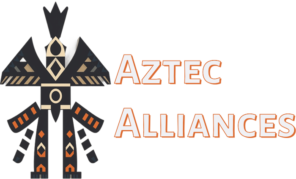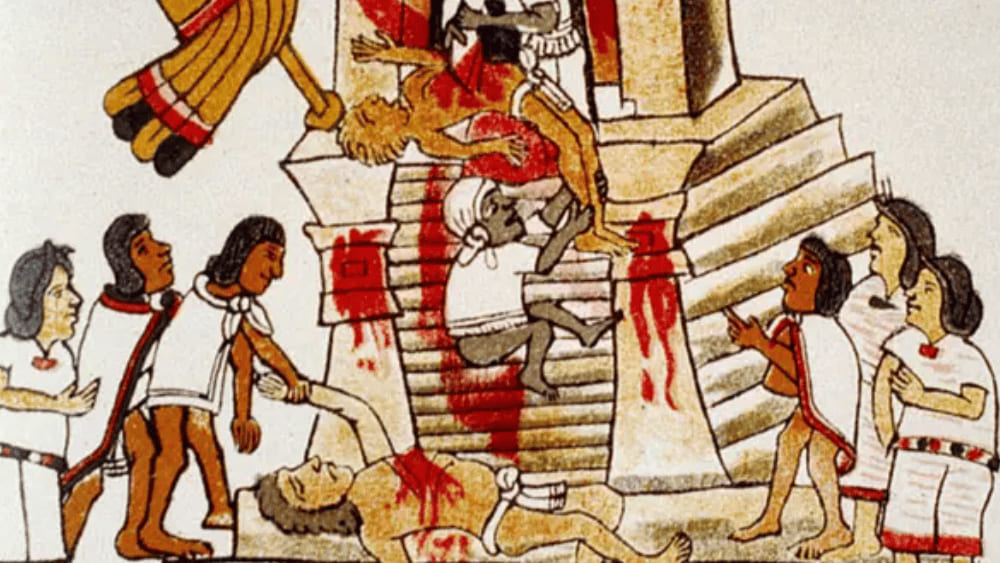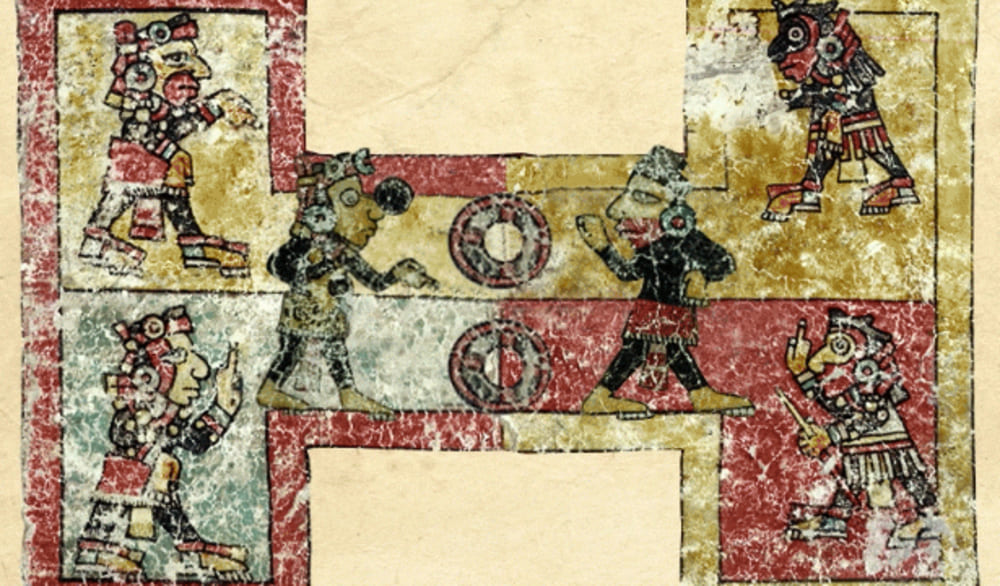- Role of the Aztec priest in society
- Introduction to the Life of an Aztec Priest
- Diversity of Aztec Priests
- Priests of Quetzalcoatl
- Initiation Rituals
- Commitment and penitence, by Aztec priests
- The Role of Women Priestesses
- Sacred Temples of Quetzalcoatl
- The Supreme Dignity of Aztec Priest
- Aztec Priest Feasts and Sacrifices
- Legend of Ce Ácatl Topiltzin Quetzalcoatl
Role of the Aztec priest in society
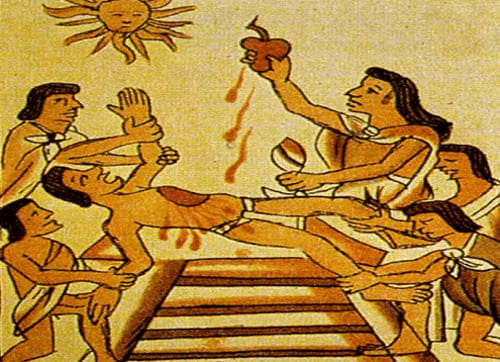
The life of an Aztec priest was filled with challenges, sacrifices, and unwavering devotion to the gods. In the ancient Aztec civilization, priests were central figures in society, responsible for performing crucial rituals and maintaining the balance between gods and humans. This article delves into the many facets of an Aztec priest’s life, revealing details about their practices, types, and specific roles.
Introduction to the Life of an Aztec Priest
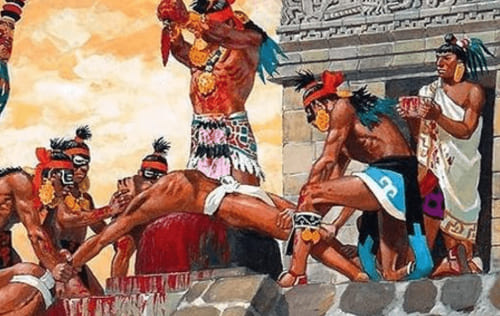
There is a widespread belief that Aztec priests led a very harsh life, full of penance and sacrifices. And it is true; the lives of these figures were extremely demanding. They were responsible for maintaining the connection between gods and mortals, a task that involved daily rituals, human sacrifices, and a strict code of conduct.
Diversity of Aztec Priests
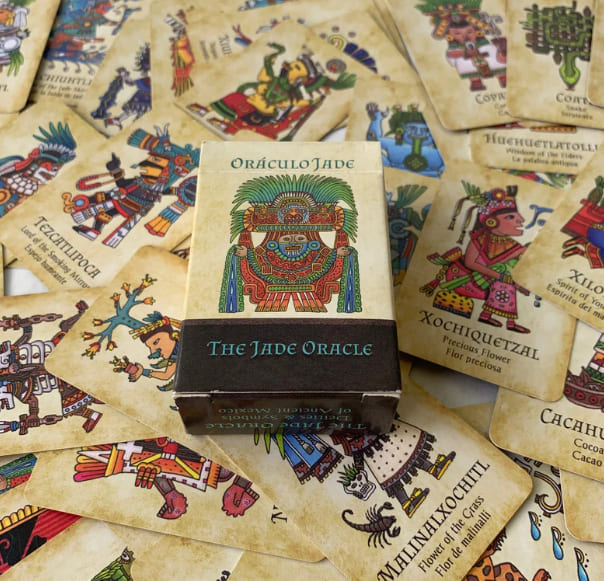
There were at least 50 types of priests within the Aztec religious structure, each with specific functions. Francisco Javier Clavijero mentions that at least 5,000 priests served in the religious ministry. These priests not only performed sacrifices but also read oracles for kings and acted as their advisors.
Priests of Quetzalcoatl
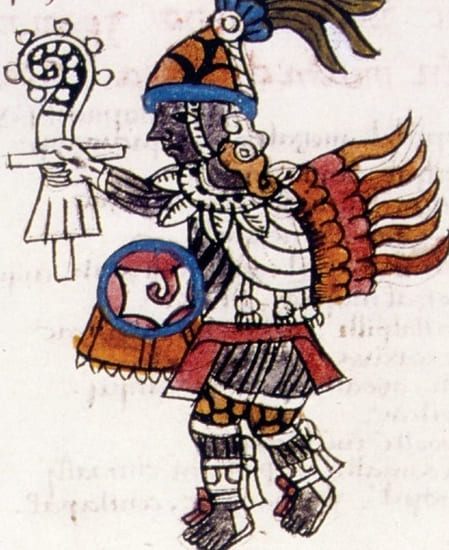
The priests of Quetzalcoatl enjoyed a reputation for holiness. From childhood, they were consecrated by their parents through specific rituals, such as inviting the chief priest to a meal. These priests led an austere life and were deeply committed to their religious mission.
Initiation Rituals
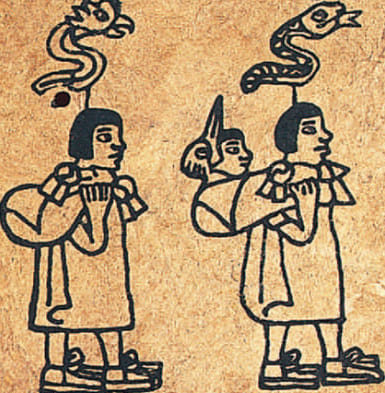
At the age of seven, children destined to be priests underwent an initiation ritual that included an incision in the chest, marking their consecration. This symbolic act represented their entry into religious life and their commitment to the Aztec gods.
Commitment and penitence, by Aztec priests
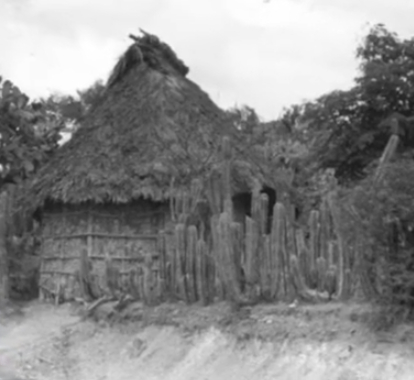
Aztec monks, both men and women, lived under a strict regime of penance and isolation. In extraordinary situations, they retreated to forests where they built huts from evergreen branches and spent long periods fasting and praying, dedicating their blood as an offering to the gods.
The Role of Women Priestesses
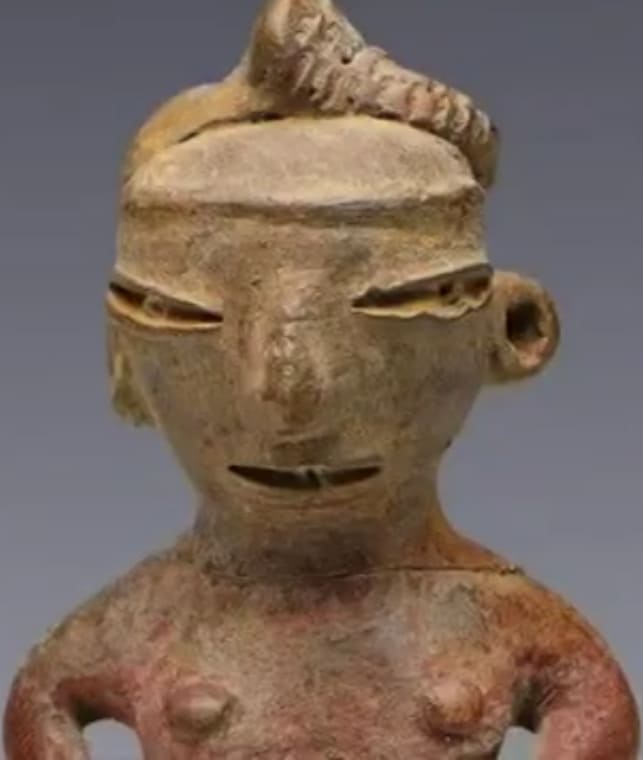
Women also participated in monastic practices. They had to be virgins and live in community under the direction of a spiritual teacher. Their devotion was as intense as their male counterparts, and they also participated in rituals and penances.
Sacred Temples of Quetzalcoatl
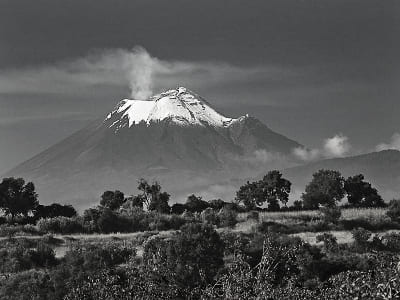
Places like the slopes of Popocatépetl and Tlamacas (now in the state of Mexico) were considered sacred and were inhabited by priests. These sites were important centers of worship where rituals dedicated to deities like the volcano itself, considered a powerful deity, were performed.
The Supreme Dignity of Aztec Priest
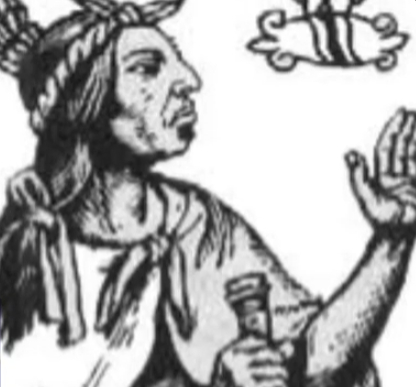
The high priest, known as the vice contec, had supreme authority over all religious ministers. Each city had its chief priest, responsible for leading festivities and important acts.
Aztec Priest Feasts and Sacrifices
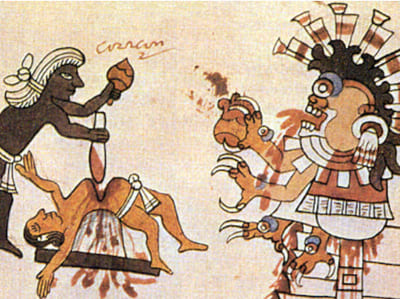
One of the most significant ceremonies was the cabalistic one, celebrated in March according to the Xiuhpohualli, which symbolized the rebirth of men. During this festival, priests performed human sacrifices in temples, wore the skins of sacrificed warriors and consumed their flesh as part of cannibalistic rituals, symbolizing union with the gods.
Legend of Ce Ácatl Topiltzin Quetzalcoatl
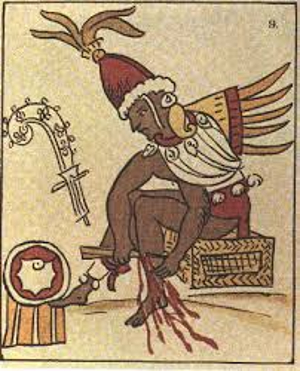
A notable legend is that of Ce Ácatl Topiltzin Quetzalcoatl, who self-sacrificed for the benefit of humanity, dismembering himself to feed people with his flesh and corn, a practice that symbolized fertility and regeneration.
FAQS
